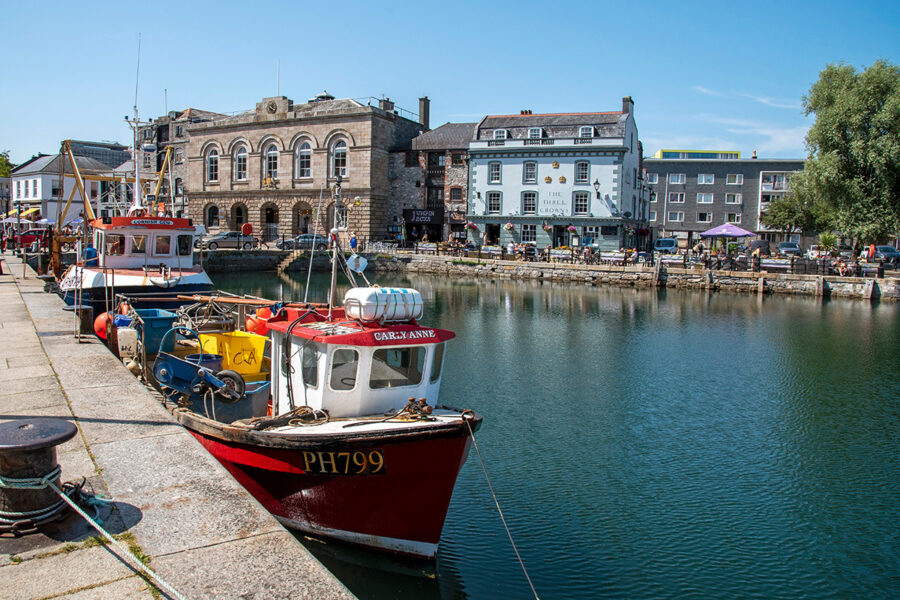South West fishing leaders expressed their consternation at the 17% cut in the pollack TAC to 689t, which gives the UK industry a 2025 quota of just 172t. The reduction will see even smaller bycatch allowed in the hake net fishery, with many handliners saying this fishery is creating further hardship for inshore vessels.
ICES suggests that the reduced TAC will see the SSB rebuild by 20% in 2025, although the impacts of the recreational fishery on the stock remain unknown, and unrestricted.
CFPO chief executive Chris Ranford said: “Somehow the result has managed to go backwards on the bycatch TAC, making this a more challenging issue than it has been in 2024, all without any measures to manage the recreational sector, which according to ICES makes up a significant part of the catch.
“Does the secretary of state intend another compensation scheme as a result of not doing things differently?”
Ed Baker, chief executive of the Plymouth Fishing and Seafood Association, said: “It feels a bit like a disaster, because there’s less quota available than in 2024 and no indication of any change on the horizon.
“Last year’s restrictions were supposed to increase the biomass by 20%, but it’s not obvious in the advice for this year whether that’s happened or not. The assumption is that it didn’t, because the amount of quota available this year is less than last year.
“Something’s going wrong if they’re just repeating the same scenario as last year, but last year didn’t work.
“There is also a reference in the written record about the need to understand the recreational catches and then putting in restrictions at the national level, but that doesn’t seem imminent, because they want to understand the catches before they put the restrictions in.”
He said the project being undertaken by a small group of inshore fishermen to gather data to help with future stock assessments (FN, 19 October, ‘Groundbreaking pollack project well underway’) may now be also at risk, so small was the likely bycatch allowance.
“To make any of these projects useful, you need five years’ worth of data, but there’s no indication in the written record that they are going to continue this work or make extra quota available to target pollack to get CPEU,” he said.
“So if they do end up restricting the recreational fishery, we won’t be able to continue that survey work – or alternatively they don’t restrict the recreational fishery and we can continue the survey work, but then the recreational fishermen continue to impact the biomass.”
Downbeat response on pollack from Defra chief
Ed Baker said a reply he received last week from Defra secretary of state Steve Reed to a letter he wrote in October was ‘frustrating’.
He had called for various management measures to support the pollack fishery to be considered for 2025, warning that without financial support boats would be forced out of the industry.
The minister said a zero-catch requirement from ICES requires that ‘the mortality of pollack needs to be reduced (ideally to zero)’. “A limited TAC guarantees certainty in terms of understanding the level at which mortality is capped,” he wrote.
For other measures the PFSA had proposed, including a closed season or a minimum landing size increase, the minister said: “We are not aware of any current evidence or certainty which quantifies by how much mortality would be reduced.
“Without having an accurate understanding of this, it is difficult to utilise these options in the same way as a TAC.”
The minister noted the PFSA’s concerns on the recreational pollack fishery but said introducing measures in a recreational fishery ‘comes with its own challenges’.
“Defra teams are working on options to address the current disparity in approach between commercial and recreational pollack fishing,” he said.
“It’s perpetually frustrating – closed seasons are used all the time,” said Ed Baker.
“It’s a carte blanche approach, without any real forethought and no extra quota.”








